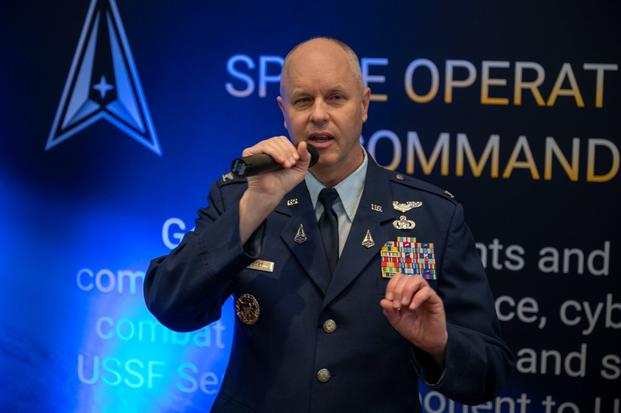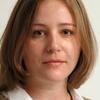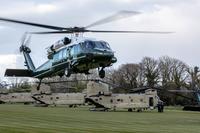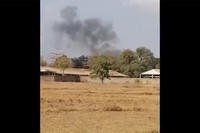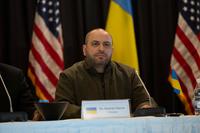The Air Force took its "eyes off the ball" gathering intelligence about other governments' space activities, the colonel charged with overseeing that mission told a conference last week, so the Space Force is adding five new intelligence squadrons.
"Those of us who've been in the military for a little while, over the last 20 years or so, we've been very focused on counterterrorism and the old GWOT" -- Global War on Terror -- "battle, and we've really kind of taken our eyes off the ball in space," Col. Brett Swigert, commander of the Space Force's Space Delta 7, said to an audience gathered around a booth on the expo floor of the Space Symposium in Colorado Springs, Colo.
"And over the last 20 years or so, our competitors have really made a lot of progress, creating a lot of capabilities," Swigert said. "Not just spacecraft that were put into space, but potential weapons as well. So we are really trying to turn things around and get back to where we should be as a Space Force, understanding the space domain better and understanding the threats that are out there."
Read Next: As Fears of Chinese Invasion Grow, Lawmakers Push for More Military Training for Taiwan
Delta 7's predecessor, the Air Force's 544th Intelligence, Surveillance and Reconnaissance Group, had only one research-and-development squadron when the group was moved over and became Delta 7 in 2020.
Officials with Delta 7 are generally hesitant to detail the operations of the group, citing national security concerns. But in budget documents, the Space Force describes the group as providing "intelligence capabilities in support of rapid detection custody, attribution, characterization, and response to space events" Swigert said, giving the example of handling enemy satellites.
If U.S. Space Command decides to shoot down an opposing satellite, Delta 7 will help "by doing target development and doing some of that intelligence work that they need in order to make that happen," he said.
Anticipating a "footprint pretty much all around the world," he said Delta 7 has already activated three of the new squadrons, and plans to stand up two more this year.
The plan to place intel groups overseas represents a change from how the Air Force handled the space mission, with its "intel folks back in an intel shop,'" Swigert said.
"In the Space Force," by contrast, "we decided, 'We're going to put intel operators right next to the space operators and that they're going to drive operations.'"
Delta 7 has its headquarters at Peterson Space Force Base, Colo.
As Delta 7 has grown, the Space Force has separately acquired two former Air Force space analysis squadrons that study the abilities of foreign militaries, standing up Delta 18, the National Space Intelligence Center, at Wright-Patterson Air Force Base, Ohio.
The additions highlight the Space Force's evolving role and the government's choice to view space through a national security lens.
The Space Force became an official part of the U.S. Intelligence Community of government agencies in 2022. At the symposium, the Pentagon's first-ever assistant secretary of defense for space policy, John Plumb, declared in a speech that now is the time to "normalize" space as a domain for the military to operate in.
The two squadrons preparing to stand up this fall will be a "target development" squadron to analyze opposing forces and pick out valuable targets; and an "exploitation" squadron, for processing, exploiting, and disseminating intelligence information, an exercise known as PED.
So far, Delta 7's locations include Colorado, Ohio, the National Capital Region, the United Kingdom, and South Korea. A decision on where the two new squadrons will be based is "coming soon," Swigert said.
"The space domain is much larger and more complex than other domains, and so we're working hard every day to characterize all of the potential threats and challenges so that we can help mitigate them," he told Military.com in a follow-up email.
Amanda Miller can be reached at amanda.miller@military.com.
This story was updated April 25 to correct Delta 7's locations.
